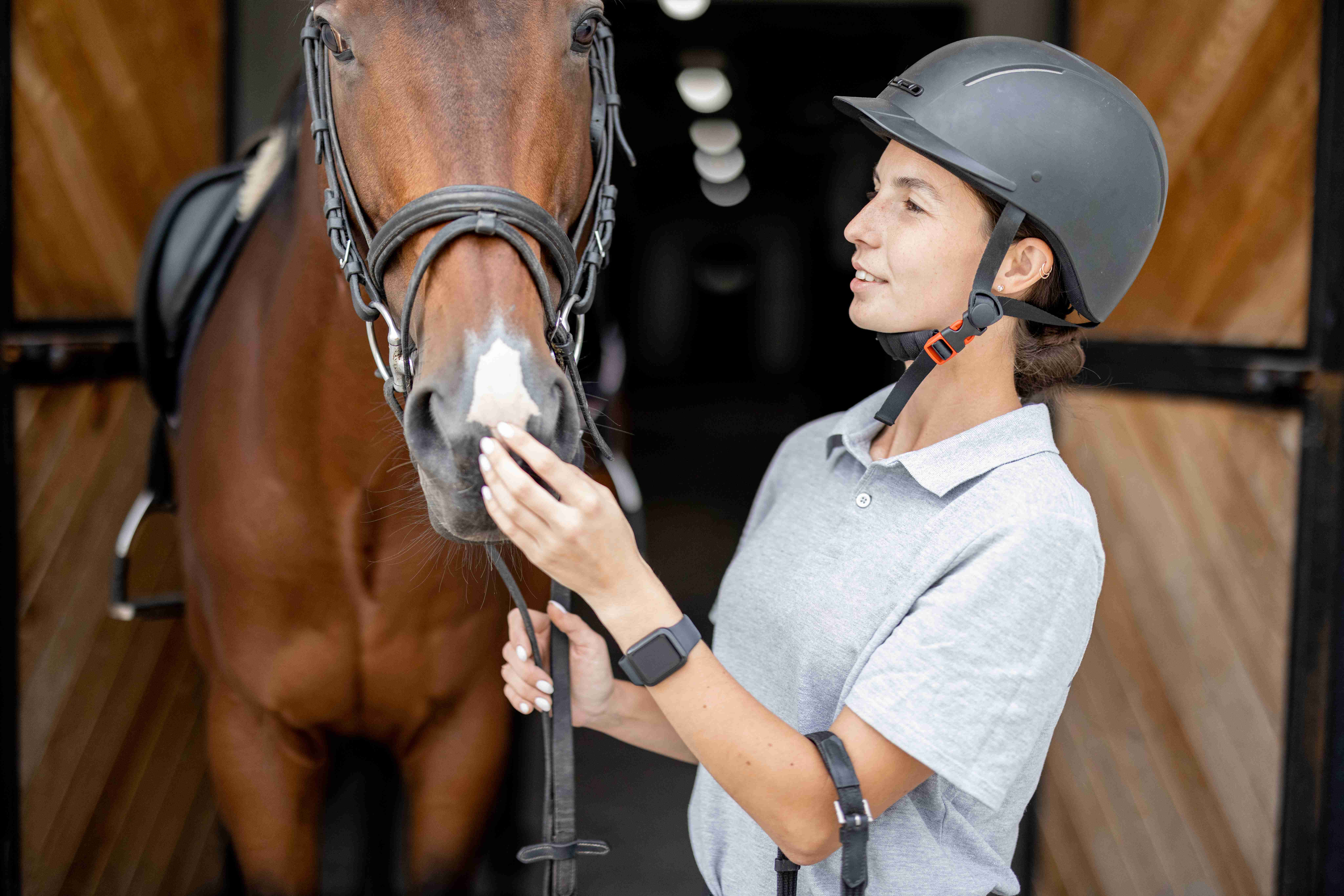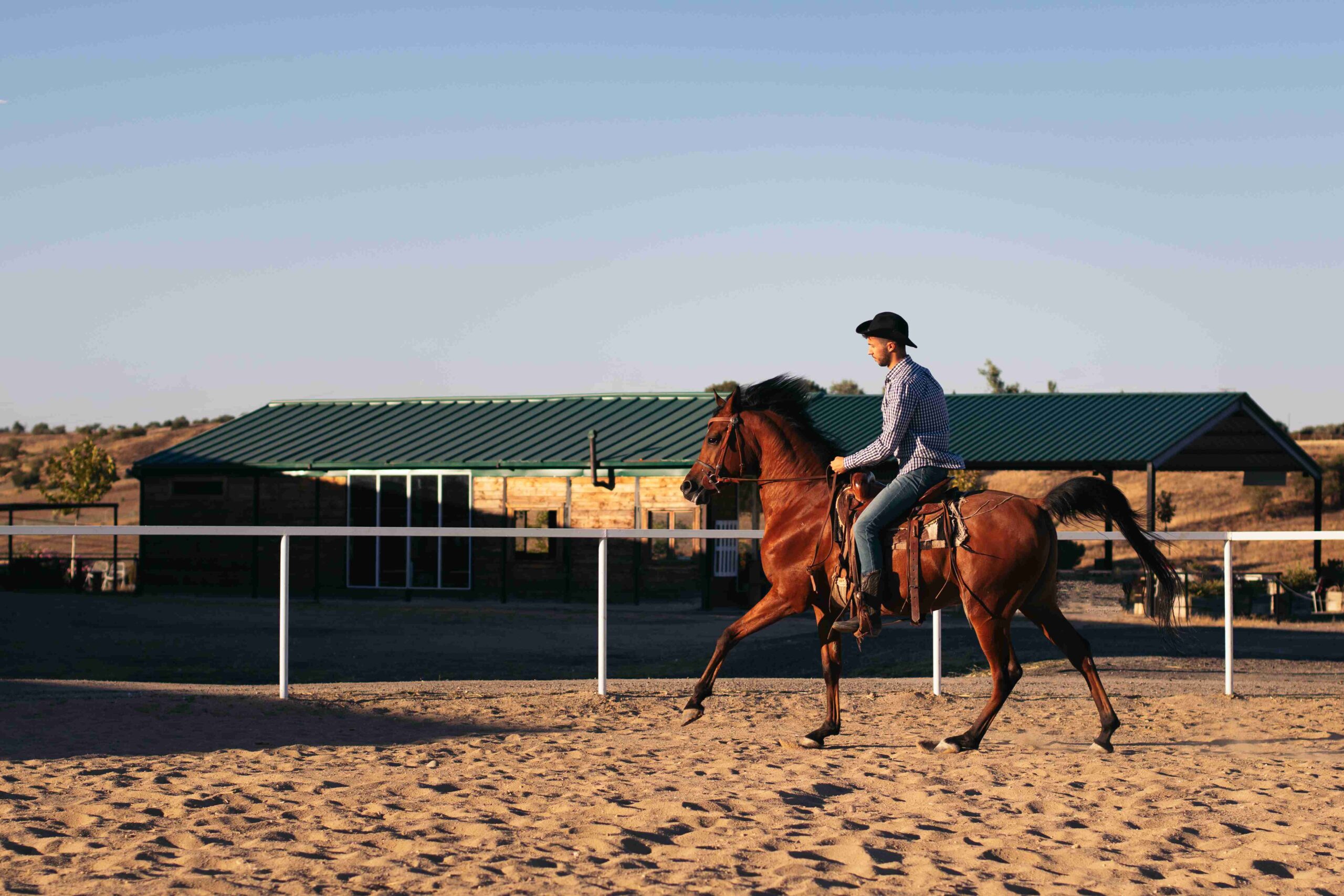Guide horses are remarkable animals, trained to provide essential assistance to individuals with disabilities. While their ability to work indoors is vital to their role, maintaining their health requires a balance between indoor functionality and outdoor living. Continuous exposure to fresh air and a natural environment is crucial for their physical well-being, particularly during off-duty hours. Overprotective care, such as keeping guide horses indoors for extended periods or interfering with their natural coat, can lead to serious health issues like respiratory ailments, colic, and founder.

The Importance of Fresh Air for Guide Horses
Horses thrive in environments with ample fresh air. Keeping them in enclosed spaces for long periods can lead to respiratory problems due to poor air circulation and moisture buildup. Even with their winter coat, horses are sensitive to drafts and require careful air quality management when indoors.
Benefits of Fresh Air for Horses:
- Respiratory Health: Proper ventilation reduces the risk of respiratory infections caused by damp, stale air.
- Natural Comfort: Horses adapt well to outdoor climates due to their ability to regulate body temperature using their coats.
- Prevention of Ailments: Exposure to natural conditions helps prevent lung-related diseases and other health complications.
Providing a well-ventilated barn or outdoor shelter ensures that guide horses remain healthy and comfortable. Owners should resist the urge to seal their horses in airtight environments, as this often does more harm than good.
The Risks of Clipping and Blanketing
Many owners are tempted to clip their horses’ winter coats or use blankets and heaters to keep them warm during colder months. However, this practice interferes with their natural insulation and can lead to overheating, sweating, and serious health risks.
Why Clipping and Blanketing Should Be Avoided:
- Interference with Coat Function: Horses’ coats are designed to insulate against both heat and cold, and blanketing disrupts this natural process.
- Overheating Risks: Blankets can cause sweating, which leaves parts of the horse exposed to cold air, increasing the risk of chills and illness.
- Reduced Coat Growth: Regular clipping prevents the development of a full winter coat, weakening the horse’s natural defenses against the elements.
By allowing horses to grow and maintain their natural coats, owners can ensure they are better equipped to handle seasonal changes without additional interference.

Best Practices for Indoor and Outdoor Care
Maintaining a balance between indoor and outdoor living is essential for guide horses. While they can work indoors, their off-duty hours should prioritize outdoor time to allow them to graze, move freely, and enjoy natural conditions.
Key Care Tips:
- Outdoor Access: Ensure horses have a sheltered outdoor space to relax and graze when not working.
- Proper Ventilation Indoors: Provide barns with good air circulation to prevent moisture buildup and respiratory issues.
- Seasonal Adaptation: Let horses adapt to seasonal changes naturally by avoiding excessive blanketing or artificial heating.
By respecting their natural instincts and physical needs, guide horses can remain healthy and happy, ready to provide reliable assistance to their handlers.
A Natural Approach to Care
Guide horses are more than service animals; they are companions who deserve proper care and respect. Maintaining their natural coat, ensuring fresh air, and providing outdoor access are critical to their well-being. With thoughtful care practices, guide horses can lead healthy, fulfilling lives while continuing to serve those who depend on them. Balancing their indoor work with outdoor living is the key to ensuring their long-term health and happiness.
